Is melatonin legal in the UK?
Melatonin [1], a hormone that plays a crucial role in regulating the body’s sleep-wake cycle, has become a popular supplement worldwide for those struggling with sleep disorders. 😴
In the UK, the legal status of melatonin often sparks questions among individuals looking for ways to improve their sleep quality.
While melatonin is not banned in the UK, its availability and use are regulated differently compared to some other countries.
Can you get melatonin as a prescription drug in the UK?
Yes, melatonin is available as a prescription drug in the UK.
It is primarily prescribed for short-term treatment of sleep issues in individuals aged 55 and over, and commonly found under the brand name Circadian [2].
The prescription is typically for cases of insomnia or other sleep disorders where melatonin imbalance is suspected.

Healthcare professionals may also prescribe melatonin for children and adults with specific neurological conditions that affect sleep patterns, adhering to specific guidelines and clinical judgment to ensure safety and efficacy.
Obtaining melatonin through a prescription ensures that a healthcare provider assesses the individual’s health condition, dosage requirements, and potential interactions with other medications.
Can you get melatonin over the counter in the UK?
Unlike in some countries where melatonin supplements can be purchased over the counter at pharmacies or health food stores, melatonin is not available over the counter in the UK.
The Medicines and Healthcare products Regulatory Agency [3] (MHRA) classified melatonin as a prescription-only medication due to concerns over its safety, quality, and the need for professional healthcare advice on its use.
This classification aims to safeguard individuals by ensuring they receive a proper diagnosis and management plan for their sleep-related issues.
However, this restriction also means that those seeking melatonin for mild sleep disturbances or jet lag may need to explore alternative remedies or consult with a healthcare provider for appropriate solutions.
We look at some melatonin alternatives further down in this article.
Why is melatonin so closely regulated in the UK?
The current regulatory status of melatonin in the UK, where it is classified as a prescription-only medication, stems from historical concerns about the safety, efficacy, and appropriate usage of melatonin supplements.
Initially available over the counter, the shift towards tighter regulation by the MHRA was influenced by the need to ensure public safety and the lack of comprehensive long-term studies on the effects of over-the-counter melatonin use.
This precautionary approach was adopted to mitigate potential risks associated with self-medication, especially given the complex nature of sleep disorders and the hormone’s critical role in the human sleep-wake cycle.

As a result, the decision to require a prescription aims to guarantee that melatonin use is overseen by healthcare professionals, ensuring that patients receive a proper diagnosis, effective treatment plan, and monitoring for any side effects. 🧑⚕️
This reflects the UK’s commitment to public health and medication safety.
What effects does the prescription-only status of melatonin have on individuals?
The prescription-only status of melatonin in the UK has a significant impact on individuals seeking this hormone for sleep-related issues.
On one hand, this regulatory approach ensures that individuals undergo a medical assessment before obtaining melatonin, promoting a more informed and supervised use of the hormone.
This is particularly important given the complexity of sleep disorders and the need for a tailored treatment plan that may involve more than just melatonin supplementation.
The requirement for a prescription encourages individuals to consult healthcare professionals, who can offer comprehensive advice on sleep hygiene, lifestyle modifications, and other interventions alongside or instead of melatonin.
However, this regulation also presents challenges for those who experience mild sleep disturbances or jet leg, conditions for which melatonin is often sought but might not warrant a prescription. ✈️

These individuals may find themselves unable to access melatonin as readily as they could with over-the-counter availability.
Consequently, this could lead to frustration among those who have previously benefited from melatonin supplements obtained abroad or who are seeking alternative, non-pharmaceutical methods to improve their sleep quality.
Moreover, the prescription-only status can introduce barriers in terms of access.
Obtaining a prescription requires a doctor’s appointment, which may not be immediately available, potentially delaying treatment for those in need.
For some, especially those without severe sleep conditions, the process may seem disproportionate to their needs, leading them to seek alternative remedies that may be less effective or lack the evidence base that supports melatonin use.
What are some of the safety concerns of melatonin supplementation?
Melatonin supplementation is generally considered safe for short-term use, but it can have side effects and safety concerns, particularly with long-term use or high doses.
Common side effects of melatonin supplementation [4] include headaches, dizziness, nausea, and drowsiness.
Less frequently, individuals may experience disorientation, mood swings, or disruptions in their sleep-wake cycle.
There are also concerns about potential interactions with other medications, such as blood thinners, immunosuppressants, and diabetes medications.
Additionally, the effects of long-term melatonin use are not well-understood, raising questions about its safety over extended periods.
Pregnant or breastfeeding women are advised to avoid melatonin due to insufficient research on its safety in these groups.
What are good alternatives to melatonin to help with sleep?
In the UK, individuals seeking alternatives to melatonin for improving sleep have several legal and accessible options, including lifestyle changes, natural remedies, and other medications.
Adopting good sleep hygiene practices, such as maintaining a regular sleep schedule, creating a restful bedroom environment, and limiting screen time before bed can already significantly enhance sleep quality.

Moreover, Cognitive Behaviour Therapy for Insomnia (CBT-I), a non-pharmacological treatment, is highly effective in addressing sleep issues by changing sleep habits and patterns of thinking around sleep.
For those considering other medications, options such as antihistamines (which have sedative effects) may be used in the short term under the guidance of a healthcare professional.
Natural remedies like valerian root, lavender, and chamomile, known for their calming and sleep-inducing properties, are also widely available as teas, supplements, or aromatherapy oils.🪻
So, is melatonin really banned in the UK?
Melatonin is not banned in the UK.
Instead, it is classified as a prescription-only medication to ensure its safe and guided use for sleep-related issues.
This regulatory measure prioritises patient safety, although it restricts over-the-counter availability (despite melatonin being available on some online sites).
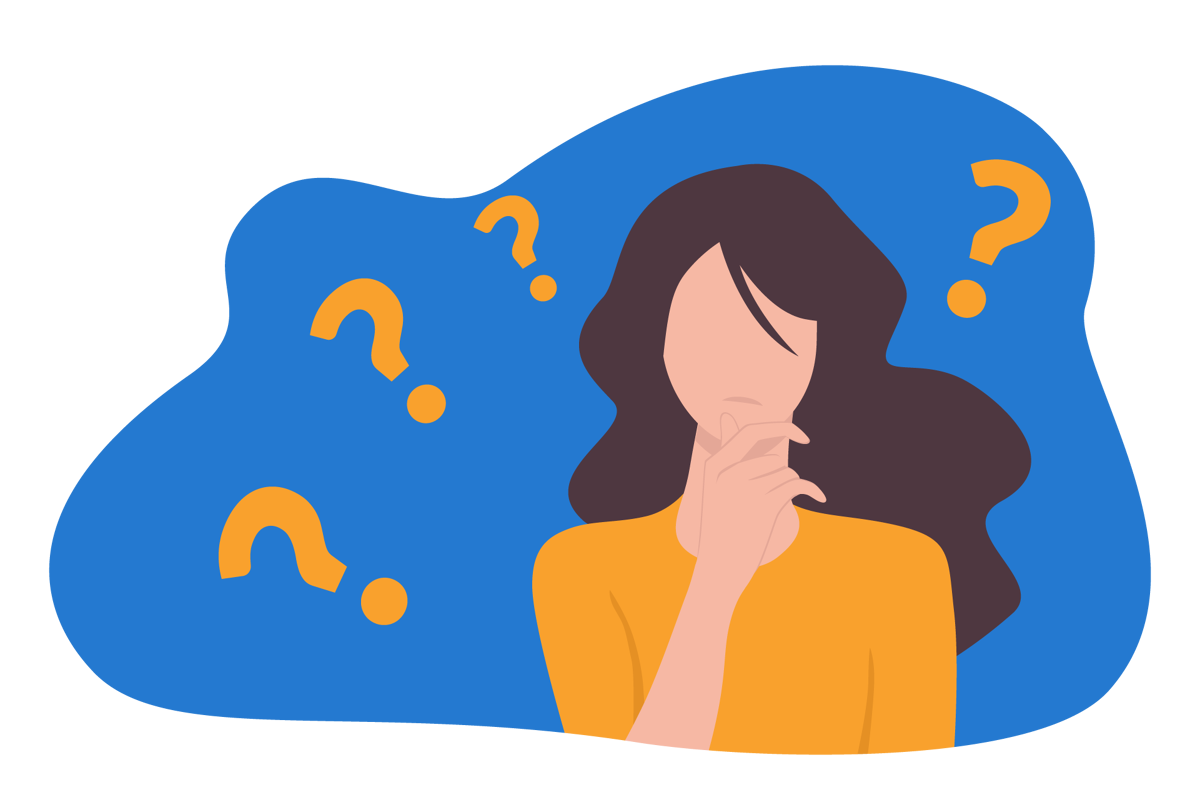





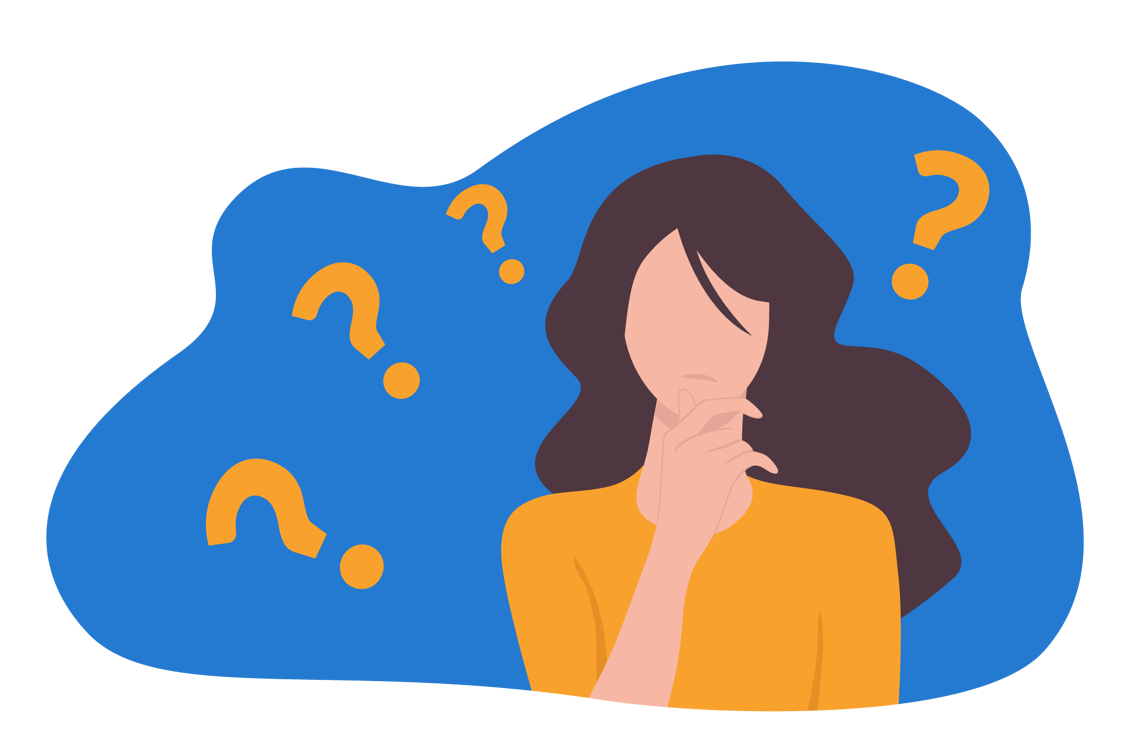
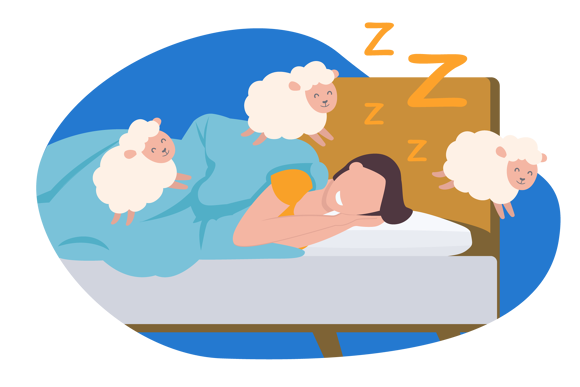
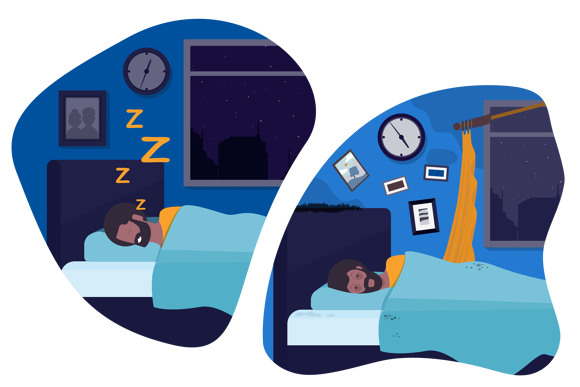
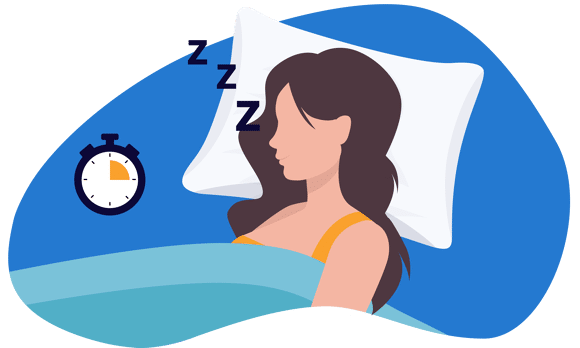


Alternatively, message us directly via the Contact Us page.